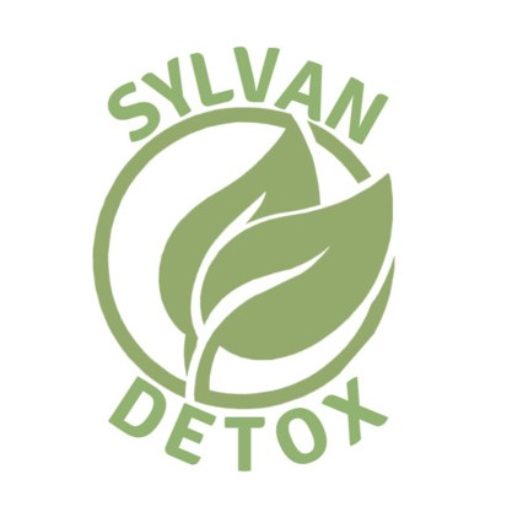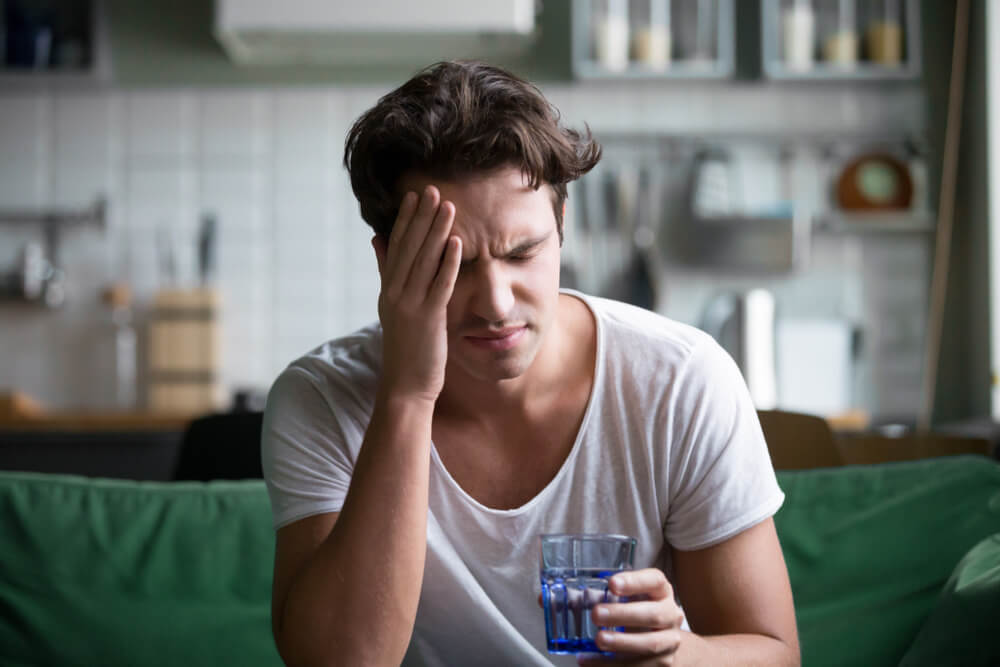Withdrawal Symptoms After Quitting Drinking
Although socially we make the distinction between drugs and alcohol, alcohol is a drug. A legal drug widely available, but still a drug. Alcohol is the most used drug on the entire planet. Humans as a species have been brewing alcohol for over 13,000 years, since the stone age, or the neo-lithic period. The way alcohol acts within our brains and bodies is what makes it a drug, it’s a central nervous system depressant and a psychotropic substance. In plain language, this means alcohol affects our moods, awareness, thoughts, and behaviors. Alcohol use takes a toll on our bodies, and the longer you drink the higher the health risks.
Prolonged alcohol usage means that our central nervous system, which is our processing center and controls functions like awareness, movement, thought, and speech gets used to functioning with alcohol present in the body. When we stop supplying alcohol to the central nervous system we begin to experience alcohol withdrawal symptoms. If you’ve been drinking every day, you may have felt these symptoms if alcohol became unavailable to you. This is because our bodies develop a physical dependency on alcohol. The symptoms of alcohol withdrawal vary from person to person, you can learn everything about our alcohol detox program in LA and how to get the best Alcohol addiction treatment. Symptoms range from moderate to severe, and include:
- Anxiety
- Headache
- Nausea
- Vomiting
- Insomnia
- Sweating
- Shaking of the hands
- Delerium tremens (DT’s)
- Alcoholic hallucinosis
- Generalized tonic-clonic seizures
- Autonomic instability
- Psychomotor agitation
Is Alcohol Withdrawal Dangerous?
The short answer to this is yes. Alcohol is one of the most dangerous drugs to withdraw from. If you have a physical dependency on alcohol you will experience withdrawal symptoms. As mentioned above, the severity of withdrawal symptoms is dictated by things like age, genetics, length of use, and amounts of alcohol consumed. Although things like nausea and vomiting are unpleasant, the symptoms at the bottom of the list can be deadly, and you should never attempt to detox from alcohol on your own. Delerium tremens, also known as “the DTs”, can cause death if not treated. The risk comes from seizures, anyone experiencing delirium tremens is considered to be having a medical emergency and should take action right away by calling 911.
How Does Alcohol Detox Help with Withdrawal?
If the symptoms above seem scary, and the task of withdrawing from alcohol daunting, the good news is that a medically supervised alcohol detox can negate the symptoms of withdrawal. When you arrive at Sylvan Detox Los Angeles, a case manager will take your medical history, which includes the length and amount of your alcohol use. You will be monitored 24/7 under the supervision of nurses and doctors, and prescribed medication to combat the symptoms of alcohol withdrawal. You’ll be able to complete detox with support and comfort, both medical and psychological. A medically supervised detox from alcohol will keep you safe, and spare you from the worst of the withdrawal symptoms. You’ll also share camaraderie with your housemates, who are experiencing withdrawal too and can offer moral support.
5 Steps of Alcohol Detox

Alcohol withdrawal tends to follow a timeline of symptoms and severity, the timeline is as follows
- Six to 12 hours after your last drink. At this time you’ll probably start to experience symptoms like sweating, headaches, shaking, anxiety, nausea, and vomiting. You’re probably not feeling the greatest, as your central nervous system gives you unpleasant messages that it requires alcohol. You might be prescribed an anti-nausea medication to help keep fluids down.
- 12 to 24 hours after your last drink. By this time, your central nervous system is really unhappy that it isn’t getting any alcohol. You may experience hallucinations, confusion, and in less severe cases agitation and insomnia.
- 24-48 hours after your last drink. This is a critical time for those at risk of severe withdrawal symptoms, such as seizures. This is on top of the previous symptoms you are experiencing, and if your care team deems it necessary for your safety and comfort you will be prescribed medication to reduce your risk of seizure.
- 48 hours and beyond. Your symptoms should begin to wane, however in some instances the severity of withdrawal increases. Around 5 to 20% of people in treatment advance to the most serious phase of alcohol withdrawal, delirium tremens. If that seems high consider that one-third of all patients who do not receive treatment progress to this phase, and that is why a supervised medical detox is critical for your safety. If your symptoms reach this level your medical care team will prescribe benzodiazepines to alleviate suffering.
- 7 days after your last drink. You’ve made it! The majority of people complete detoxification from alcohol within a week and begin to feel better as symptoms fade.
Some individuals experience protracted alcohol withdrawal, which means that some of the less severe symptoms of withdrawal persist after the physical detox is finished, sometimes up to a year. While less severe in intensity, these symptoms are still unpleasant and may include both physical and psychological symptoms such as
- Anhedonia (inability to feel joy)
- Depression
- Impaired interpersonal skills
- Obsessive-compulsive behavior
- Pessimistic thoughts
- Extreme fatigue
- Memory problems
- Emotional highs and lows
- Anxiety
- Cravings
- Panic disorder
Not everyone will experience protracted withdrawal, however, it is important to acknowledge that symptoms may persist to manage relapse prevention. It’s also important to understand that while you may have persistent psychological symptoms, those too will lessen and disappear as you travel on your path to recovery.
What’s the Next Step After Alcohol Detox?
Although detox and rehab are used interchangeably when discussing rehabilitation from drugs and alcohol, they are different. Detox is the portion of rehab where your body processes alcohol out of the central nervous system and focuses on physical dependency. Rehab is the portion that focuses on the emotional and psychological factors that contribute to alcohol addiction. Your body needs to be free of alcohol to begin therapy and healing. An inpatient rehab program is an excellent way to receive support after a detox stay, especially if you are experiencing protracted withdrawal symptoms. Inpatient programs typically are completed in 30-day increments and offer the best chance at preventing relapse as the focus is 100% on you without family or work distractions. Outpatient programs in Los Angeles are available also, with sober living housing available to those who need a safe, structured home environment. Peer and community support is crucial in recovery, your case manager will work with you to connect you with an alumni support group like alcoholics anonymous, or secular organizations for sobriety.
Sylvan is a Top Provider of Alcohol Detox in Los Angeles
When it comes to detox and rehab in Los Angeles, Sylvan provides the finest facilities and the best care. We’re proud to offer a beautiful, well-appointed facility, take a tour and view our amenities. With a maximum of six residents at any given time and a high staff-to-patient ratio, you’re getting the best in luxury boutique rehab care. We would be honored to help you begin your road to sobriety, our admissions specialists are standing by 24/7 to answer your questions. We take many forms of health insurance, but the first step on your journey needs to be made by you. Call today (818) 308-3099 and begin the path to recovery.

